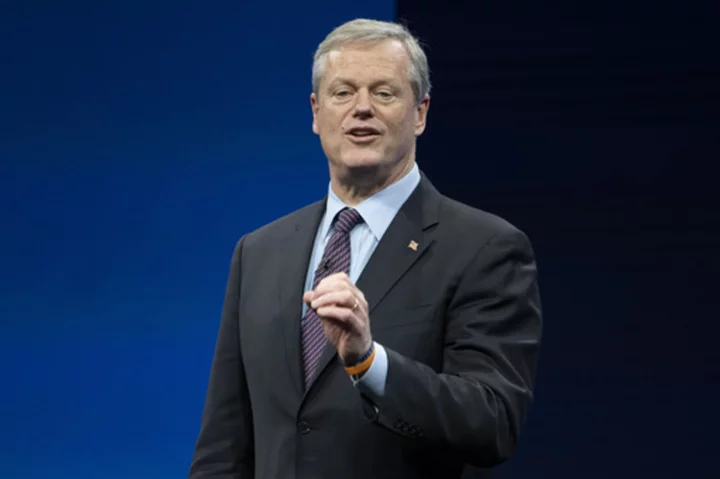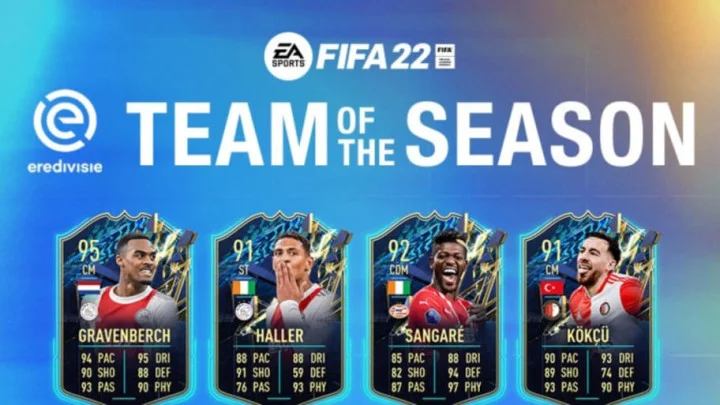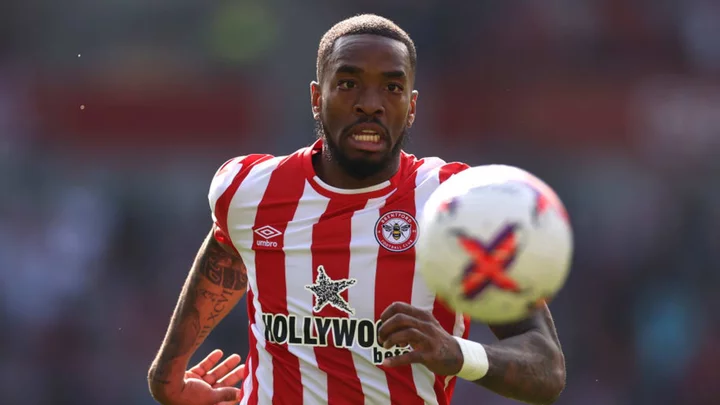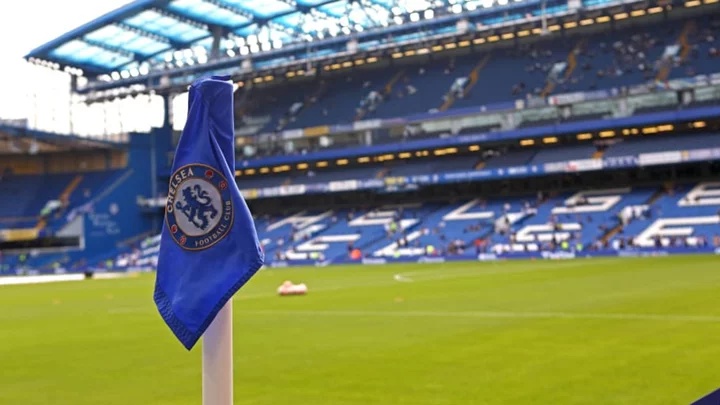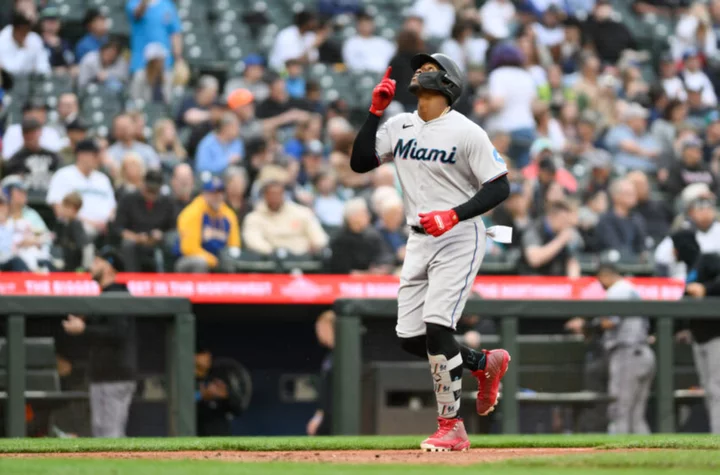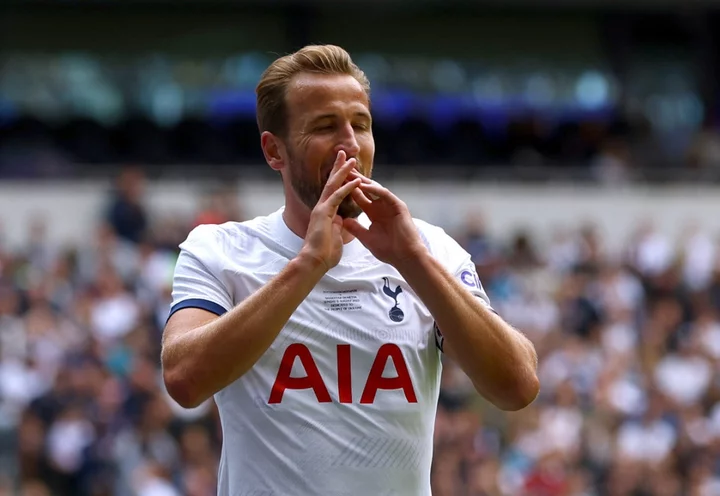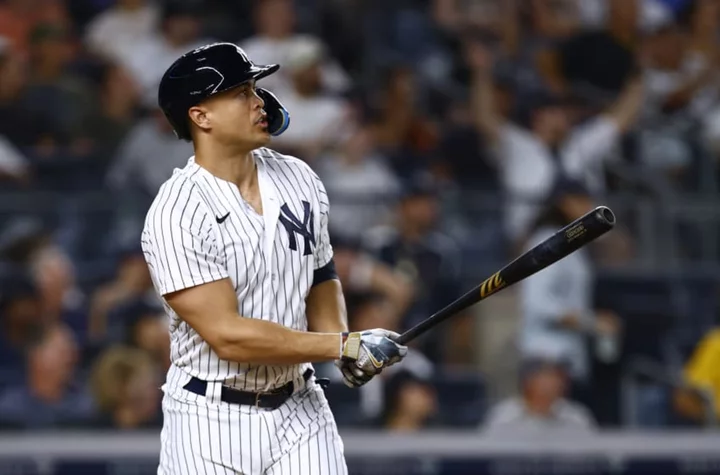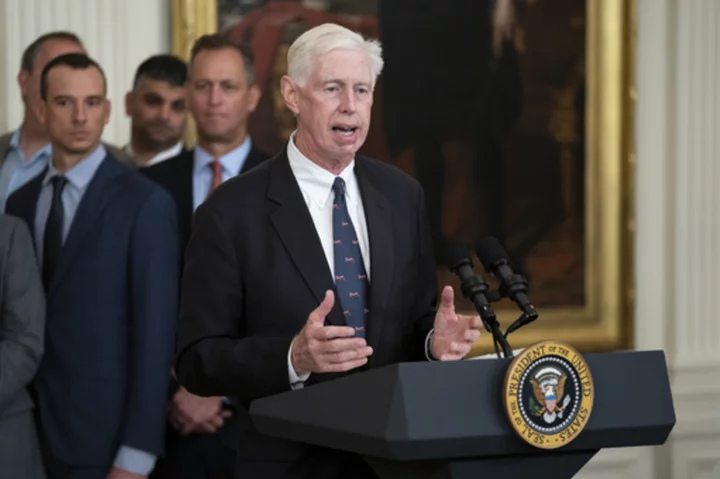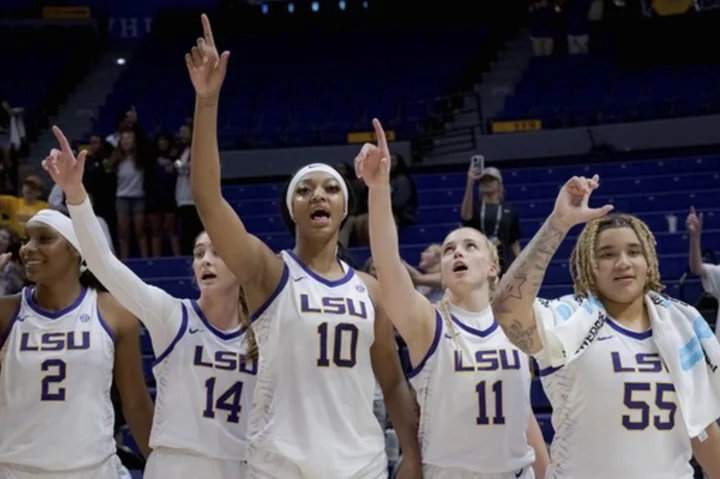At a Senate hearing Wednesday, NCAA President Charlie Baker shifted the focus of college sports' need for federal legislation away from regulating how athletes can be compensated for their fame and toward the looming possibility of players being deemed employees of their schools.
Baker, Big Ten Commissioner Tony Petitti and Notre Dame athletic director Jack Swarbrick were among the witnesses appearing in front of the House Judiciary Committee, the 10th hearing on college sports to be held on Capitol Hill since 2020.
Baker said in his opening statement that college sports are “overdue for change.”
“But I am proud to say we are doing something about that,” he said.
Baker, the former governor of Massachusetts, touted recent reforms by the NCAA, including more long-term health insurance for athletes, degree completion funds for up to 10 years and scholarship protections.
He also told the committee the NCAA was moving forward with its own regulations for name, image and likness compensation deals for athletes.
Baker, his predecessor, Mark Emmert, and other college sports leaders have been lobbying Congress for help with a federal law to regulate NIL compensation since before the NCAA lifted its ban on NIL payments to athletes in 2021.
Several bills have been introduced or made public, including a few bipartisan efforts in recent months, but nothing has gained traction.
Meanwhile, new legal threats to the collegiate model have emerged that threaten to force schools and conferences that compete in the highest levels of the NCAA into a professional-sports style revenue sharing of the billions in media rights revenue with football and basketball players whose sports drive those contracts.
The NCAA is comprised of more 1,100 schools, serving hundreds of thousands of athletes.
“To enable enhanced benefits while protecting programs from one-size fits all actions in the courts, we support codifying current regulatory guidance into law by granting student-athletes special status that would affirm they are not employees,” Baker said.
Baker said athlete representatives from all three NCAA divisions have stated they do not want to be employees of their schools.
Petitti, who became Big Ten commissioner earlier this year after a long career as a television and Major League Baseball executive, said his schools are open to providing even more benefits directly to the athletes.
The Big Ten signed media rights deals last year that will pay the conference more than $7 billion over the next seven years.
In written testimony, Swarbrick said Congress could consider a “more radical approach” and codify a system in which athletes could negotiate with conferences over terms and conditions of athletic participation.
___
Follow Ralph D. Russo at https://twitter.com/ralphDrussoAP and listen at http://www.appodcasts.com
___
AP college football: https://apnews.com/hub/college-football and https://apnews.com/hub/ap-top-25-college-football-poll

